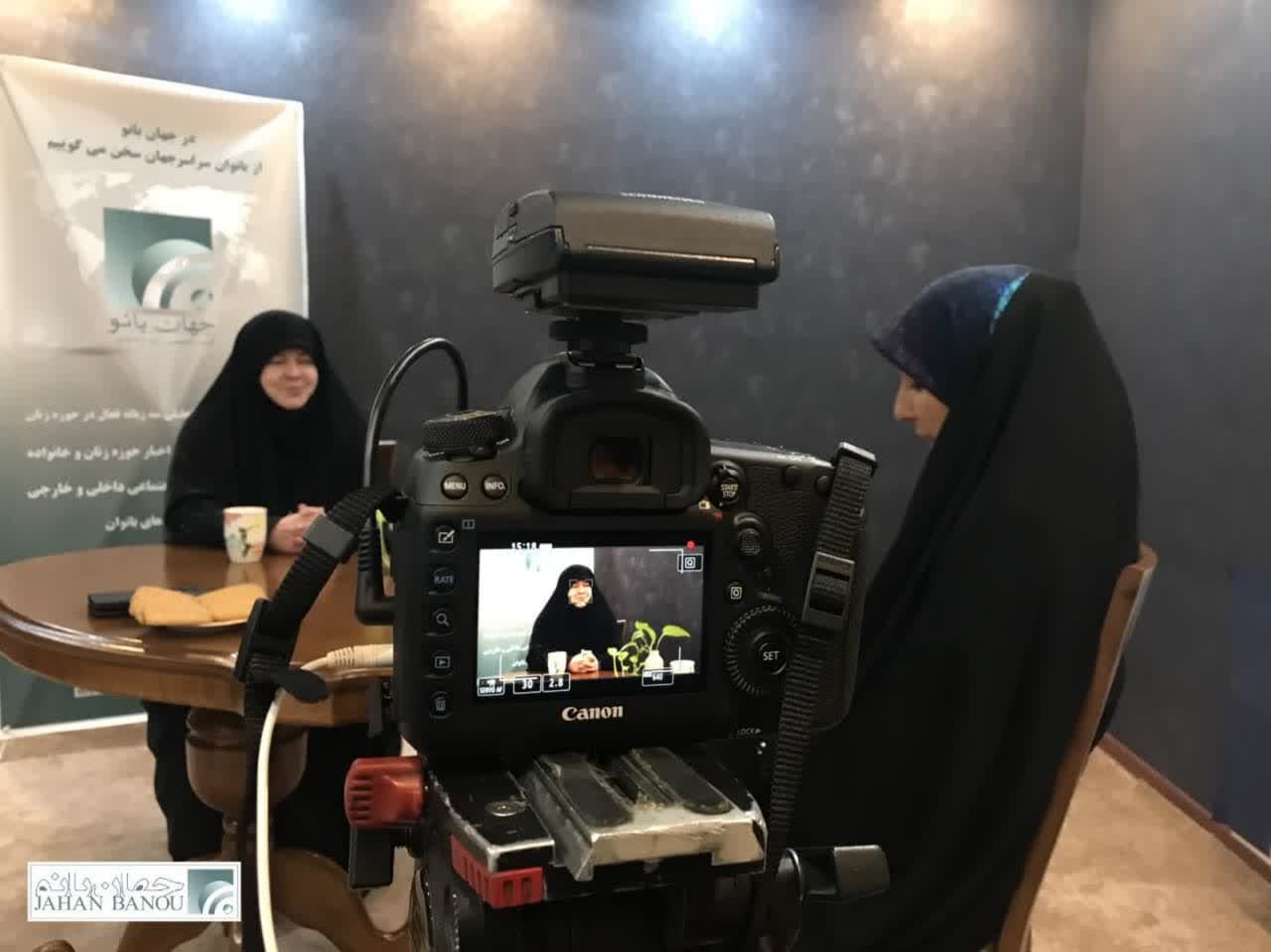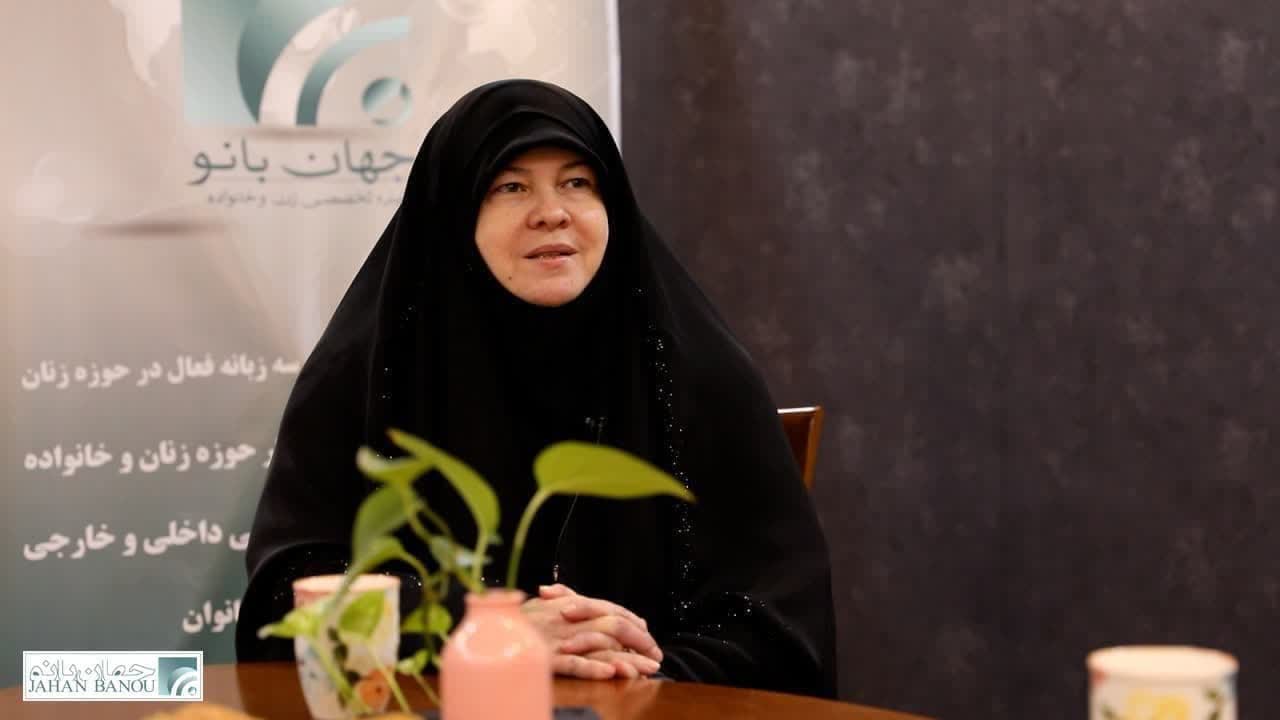The collapse of communism in Romania in 1989 brought newfound freedom, especially for women, as they were no longer bound by state-imposed roles. Zahra Oberado, who experienced this transformation firsthand, reflects on her personal experience, which illustrates the freedom after communism that allowed women to embrace new opportunities. She contrasts women’s lives in post-communist Romania with those in the Islamic Republic of Iran, where she later found spiritual fulfillment and dignity through Islam.
Read on for the exclusive report by Jahanbanou News Agency; Part Two:
Freedom After the Fall of Communism
The collapse of the communist regime in Romania in 1989 brought about significant changes for women. With the fall of the regime, religious freedom was restored, and many Romanians, including women, began to seek spiritual fulfillment. Churches and religious gatherings became more accessible, and people embraced the opportunity to express their faith openly.
“After communism ended, we were free to practice our religion. Women especially felt liberated, as they were no longer forced to conform to state-imposed roles,” Zahra shares. “There was a new sense of personal and religious identity for everyone, especially for women who had been oppressed under the strict control of the communist system.”
Comparing the Status of Women in Romania and Islamic Iran
Zahra finds striking differences between the role of women in communist Romania and the role of women in Islamic Iran. “The Islamic Republic of Iran offers women a sense of dignity and respect rooted in faith and spiritual understanding. Women are valued not just for their work, but for their roles as mothers, educators, and nurturing figures in society,” she says.
“Today, with the internet, there is much misinformation. My advice is to turn to the Quran and learn directly from it. Islam has no place for racism or prejudice — it is a religion of justice and equality,”
In contrast, under the communist regime, the worth of women was largely defined by their productivity and labor. There was no place for the recognition of women’s nurturing roles or the inherent value of their femininity. “In Romania, women worked alongside men, but the spiritual and emotional aspects of being a woman were overlooked,” Zahra reflects.

Advice for Those Considering Islam
When asked what advice she would give to someone considering Islam, Zahra emphasizes the importance of seeking authentic sources of knowledge. “Today, with the internet, there is much misinformation. My advice is to turn to the Quran and learn directly from it. Islam has no place for racism or prejudice — it is a religion of justice and equality,” she advises.
Zahra also encourages individuals to understand that the cultural practices associated with Islam may vary across different countries, but the core teachings of Islam remain constant.
Conclusion
Zahra Oberado’s journey from a communist, secular Romania to embracing Islam and moving to Iran illustrates the transformative power of faith and the profound impact it can have on one’s life. Her story sheds light on the contrasting roles of women in both the communist system and Islamic society, highlighting the deep sense of fulfillment and dignity that Islam offers to women.
Reporter: Faezeh Aghamohammadi
Report compiled by: Mahta Sanaei


